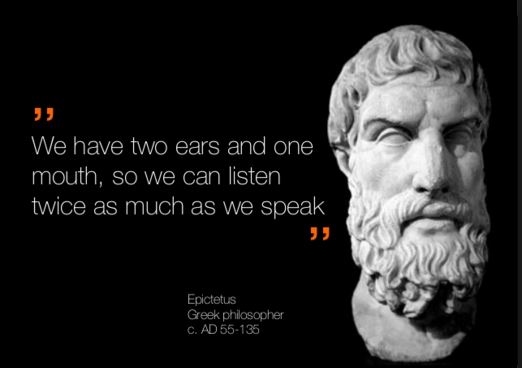“If we don’t end war, war will end us.”
H. G. Wells
My regular postman has always been friendly. He’s cheerful and affable, even when he is being buffeted or soaked by inclement British weather. He must have a mountain of mail and parcels to deliver, but he never seems hurried and is usually chatty.
In a world where we may see certain people on a daily basis and yet know little about them, we grow a certain familiarity, albeit a superficial one; so it’s refreshing when a deeper connection takes place.
Talking isn’t a big part of the job, especially as Royal Mail are (not surprisingly), more concerned with productivity than my ‘friendly neighbourhood postman’.
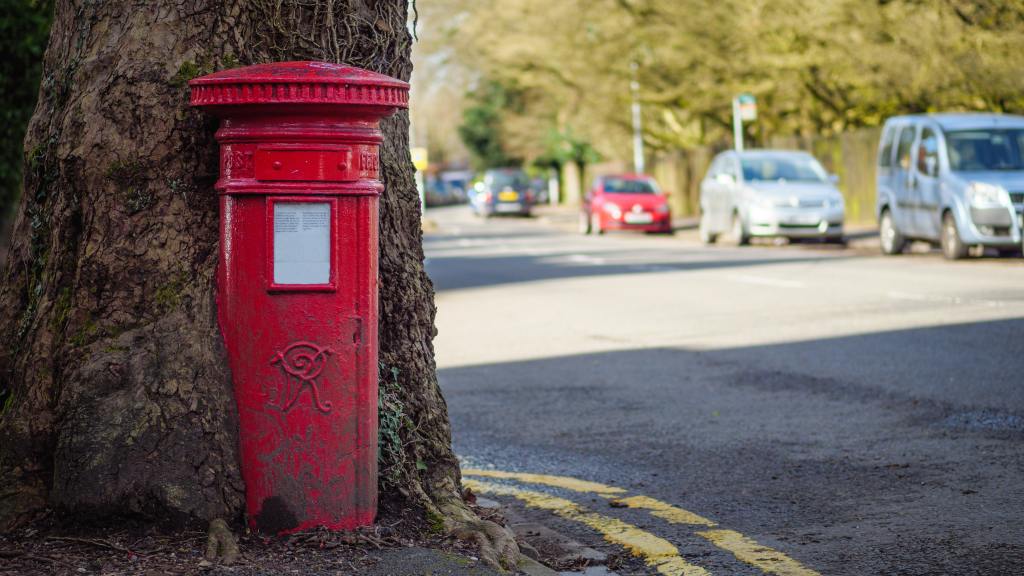
I don’t know my postman’s real name – and he prefers to keep it that way after divulging some very personal information about himself the other day. He seemed to want to talk more than usual; we were having a conversation about a trip he had taken to Argentina to see his girlfriend at the time.
Before I continue, it’s only fair to warn you that this post contains some harrowing stories, read on at your own discretion.
He explained that he had gone out for a run and had accidentally crossed onto the rural land of a neighbour. He knew he was in trouble when armed guards apprehended him and hauled him up in front of the owner. Humble and apologetic, he explained that he was staying next door as a guest of his neighbour, and did not intend to trespass. The tension gradually eased and all was eventually forgiven as the suspicion evaporated.
He was still conscious that men were brandishing AK47s and joked to me that he wondered if he would have to suddenly revive ‘special skills’ that he hadn’t needed to use in a long while. However, the property owner offered him a job as a body guard, which he turned down.
By this point I had a strong inkling that my postman wasn’t your average guy…
He then slipped in that he wasn’t popular in Argentina. I frowned; this seemed an odd and decidedly provocative thing to say. When I queried why this might be so, he hesitated for a split second, and coolly informed me that he had previously been on a clandestine mission there, as part of a military team sent to apprehend a child sex trafficker.
My jaw must have dropped.
Maybe he trusted me, (I like to think I am a good listener), and he went on to reveal things I never would have guessed about him.
One thing I had always been curious about (but was too polite to ask), was why he was missing his top two middle teeth. He is quite muscular, although not overly tall, and in otherwise apparent good health. It is an unusual thing to see in a fit man, especially as the rest of his teeth seemed fine.
Well, now I know why.
Without asking him he told me that during his time in the army he was deployed to Iraq after the initial invasion, and spent time in enemy territory. He was captured and subsequently tortured. Although recruits are given resistance to interrogation training he admitted it wasn’t sufficient to prepare him for the real thing.
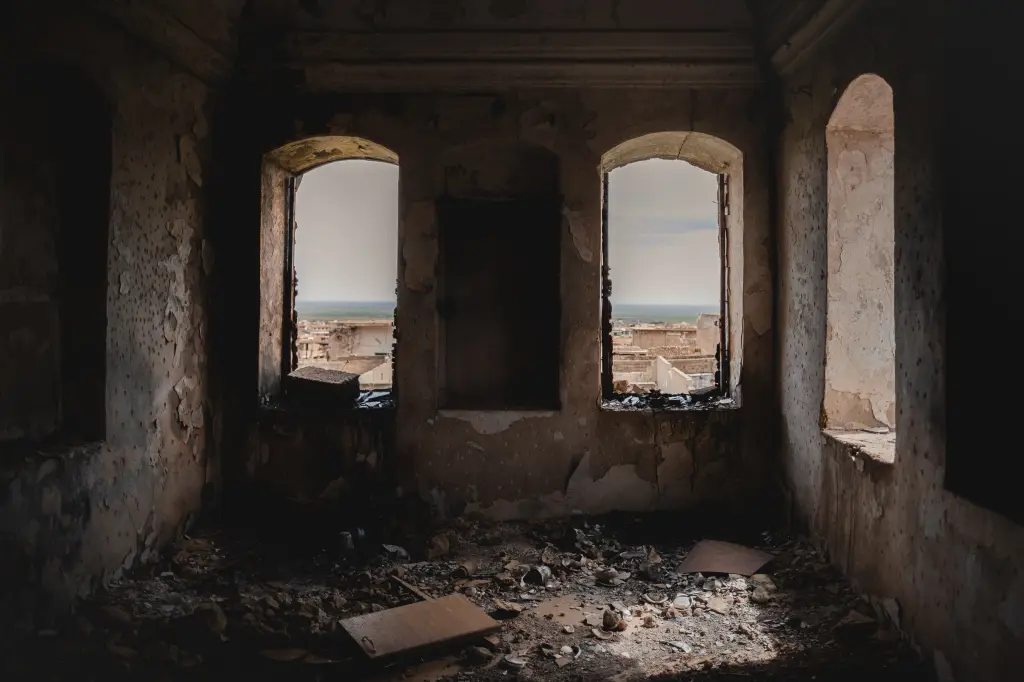
As he relayed the inevitable torture that followed, it seemed somewhat surreal. His teeth were forcibly removed.
His nails were pulled out and other excruciating things done to him which I didn’t dare ask about. He was rescued, he thinks, by Special Forces. It sounds like he is lucky to be alive. Some of his friends and colleagues weren’t so fortunate.
A conversation with a friend back at base shortly after being rescued resulted in his nickname that he adopted as his military handle: Jericho.
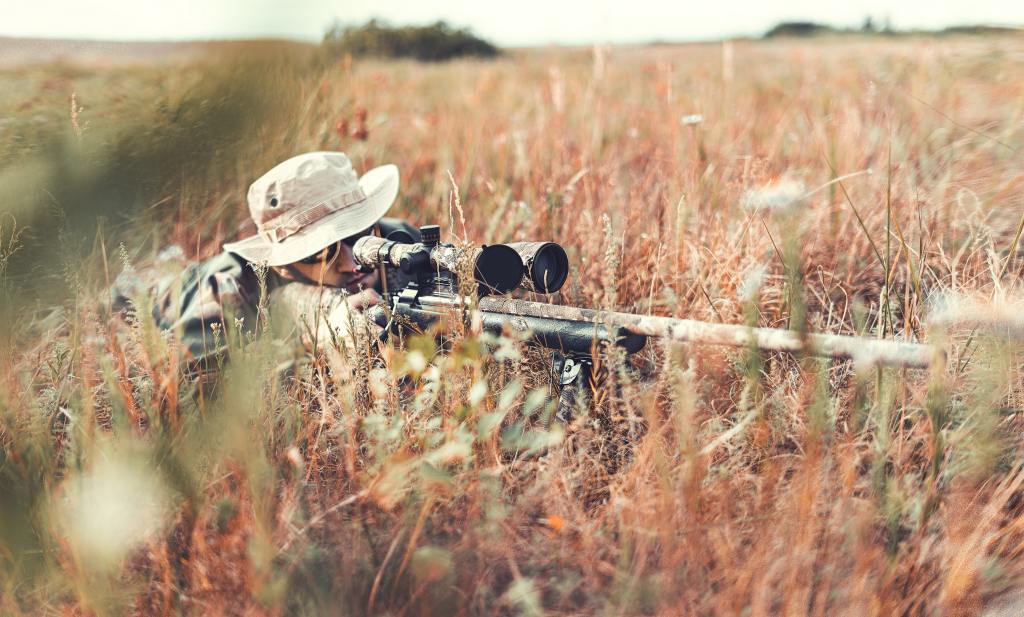
His speciality in the British army was as a sharpshooter. He said it required nerves of steel and an alert state over long periods of time. Sometimes they were given drugs to help them stay awake during critical missions.
Note to self: must remain on good terms with my postman!
“No soldier ever really survives a war.”
Audie Murphy
He told of another day when his convoy was hit by IEDs. Some vehicles were on fire, and he had to drag one of his friends, burning and screaming from a badly damaged vehicle, sadly unable to save his life.
What must that kind of horror do to a person?
In short, it causes trauma. Survivors guilt. These life and death situations are extreme experiences, and the army needs to do more to help soldiers adjust to civilian life.
I was appalled by what he was telling me, but he seemed to have reached a level of detachment about it. He admitted that he had suffered with PTSD after being discharged from the army.
Another difficult thing for him to deal with was the fact that the Iraqi army would shoot civilians that spoke to them or demonstrated any kind of co-operation. They would be lined up and executed in cold blood. His unit were told not to interfere, something a normal person would naturally find abhorrent and shocking. He hinted that he felt torn following orders at certain times, especially when he considered them to be wrong. I got the distinct impression that his conscience was the cause of insubordination at times.
Actively letting atrocities happen is surely as morally reprehensible as participating in them. I couldn’t believe what I was hearing.
“There is no flag large enough to cover the shame of killing innocent people.”
Howard Zinn
He must have seen and done things no person could ever forget, let alone attempt to process in order to lead a normal life.
He told me that working on a farm after he was discharged helped him to adjust to civilian life. He regularly woke up screaming. He would feel angry, on edge and ready for combat at the drop of a hat. He found that meditation helped him to feel calmer and recover mentally.
Ernest Hemingway became a literary icon through the creative expression of his wartime experiences. Writing can enable healing and catharsis.
Jericho (as I refer to him now), also got involved in boxing for a while, but gave it up to protect his wrists and hands so he could continue to play the guitar injury free. He likes to do open-mic sessions and also writes songs.
Before too long he was back in the mission saddle (aka conflict hotspot), this time working for various PMCs (private military contractors).
He would tell me about parachuting into a scenario in the dead of night, which funnily enough he said didn’t scare him as much as climbing up a ladder!
Over a number of years he was deployed on missions in 78 countries, including the Middle East, Russia, various African nations, South America and so forth.

Some of the smaller, less established PMCs had questionable clients, and he told of being on jobs where he would come up against other mercenaries in the role of body guards that he knew from his time at another PMC. He also worked for an international contractor where different nationalities worked together. He has some American friends.
I felt honoured that he was telling me such personal things about his life – but, if I’m honest – also a little disturbed.
He also spoke of a helicopter landing in the park near his house one night as an old employer had sent men to ask him about breaking into a certain facility he had experience of. It seemed a tad creepy. I asked how he could remember such detail, but he insisted he could recall the mission and was able to help them.
There are clearly major drawbacks to his previous line of work, but I asked if being in the military had helped him to develop self-discipline, and he agreed it most definitely had. He would rise at 5 am to work-out before the day started, and felt himself to be a highly independent and resilient person.

Jericho’s was the sort of background that is often used in action movies, although it did not sound glamorous, as such activities can sometimes be portrayed on screen. But still, it is far removed from the mundane act of delivering mail!
Being a postman is a million miles away from the adrenaline fuelled excitement and danger of his former career, and I think that’s just how he likes it at this stage of his life. He also talked about his family and other everyday minutiae.
I liked him anyway, before I knew more about him, but I have a new found respect for Jericho. He has had to adjust through the kind of intense lifestyle and experiences that most of us could not comprehend. It may have been his choice to go down that path, but none of us ever really know where a path we choose to walk will ultimately lead. He is an interesting person, and gave me permission to write about him without using his real name, thus ensuring anonymity.
I’m thinking of loosely basing a character on him!
It reminded me that everyone has a story in them, that appearances and career choices are not accurate barometers of someone’s character or past. You never know what someone has been through, or about their early upbringing.
It was a lesson that compassion and kindness is a balm to ease suffering and make someone’s day a bit brighter.
Listening to Jericho elicited thoughts about my paternal grandfather, Jonathan Patrick Haley, who everyone called Jack. I vaguely remember as a child the rare occasions when my grandfather would talk about his time in the RAAF, (Royal Australian Airforce) flying spitfires in Burma during World War Two.
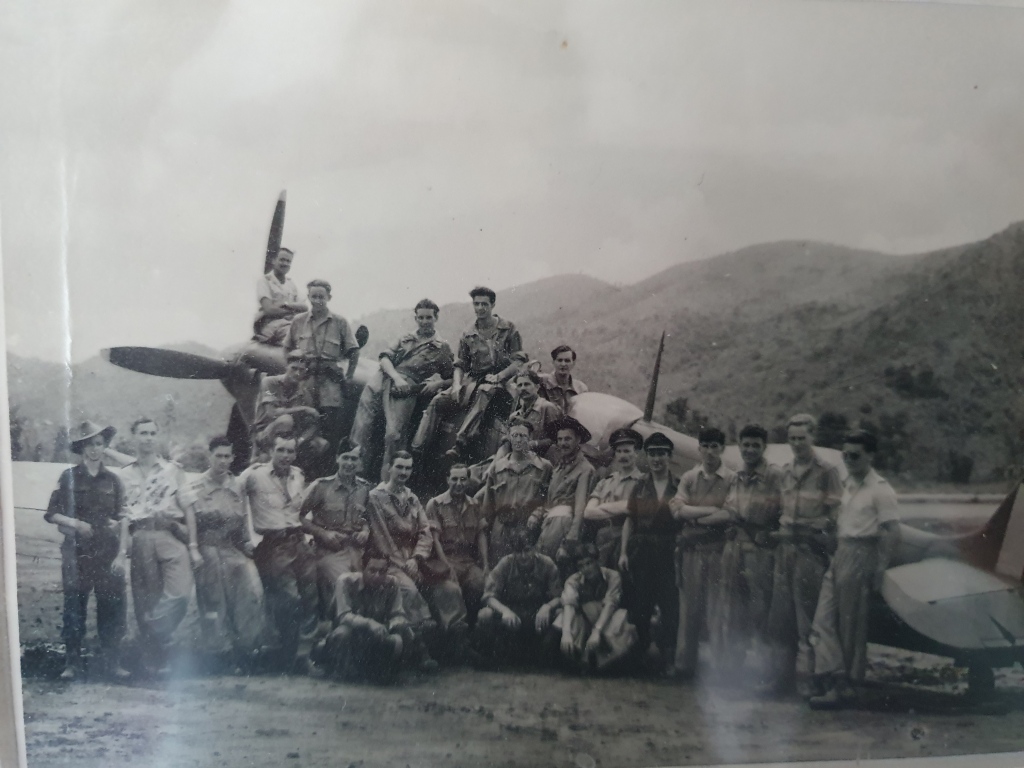
There was only so much he would share about his time as a reconnaissance pilot. My grandmother told me that his doctor thought he was too weak and malnourished to make it beyond six months after he returned home to life in Australia, but thankfully she nursed him back to health.
When my dad was young the Haley family emigrated to the UK. He was a tall, active, no-nonsense man, with a soft spot for his grandchildren. I was very close to him in my early childhood when we lived near them. My dad has his medals, including a Burma Star.
I looked up to my grandfather; he was a source of inspiration, confidence and comfort to me in my early childhood.
Jericho’s personal history is invisible beneath his red polo shirt uniform; only a cheerful, gappy smile hints at his previous life. People have hidden depths, and it can be revelatory exploring them, not least to gain a greater understanding of others and ourselves.
It’s amazing what you can learn when you take the time to get to know someone. Active listening is compassion in action. Heaven knows the world needs as much compassion as it can get right now.
“Circumstances don’t make the man, they only reveal him to himself.”
Epictetus
